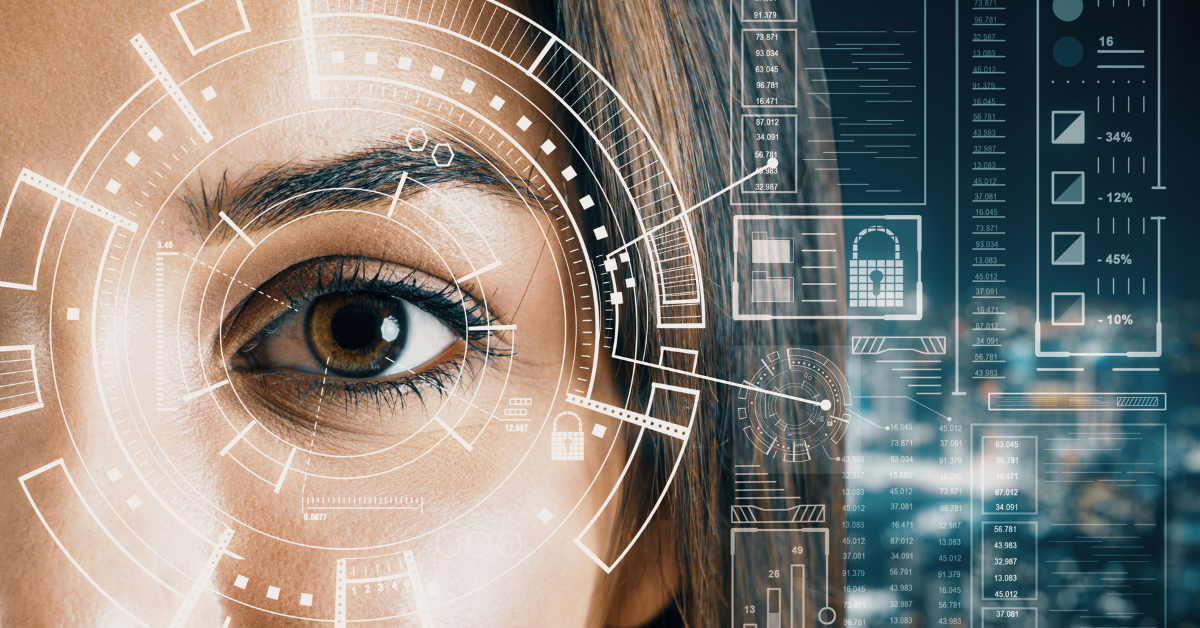When we think of biometrics, we often refer to the face ID we use every day to unlock our mobile phones. It promises safety, accountability and convenience, but biometric technologies are quietly expanding and are becoming more and more prominent in our workplaces and everyday lives.
Biometric technologies are increasingly being used to monitor workers across various industries, which raises significant ethical concerns. Most prominently, the surveillance of gig workers, such as Uber drivers, and the very limited autonomy they face on the job, illustrate the ethical challenges posed when biometric technologies are used to monitor workers.
Policymakers, researchers and organizations across the globe are grappling with the ethical, social and operational implications of biometric advancements while exploring how emerging biometric technologies can reshape labour dynamics, enhance overall productivity and maintain individual well-being.
Professor Jasmin Manseau has received a Social Sciences and Humanities Research Council Insight Development Grant for his project titled “Ethical boundary management in the age of biometrics”. His goal is to investigate the

role of ethical principles, trust and human-centric design in the deployment of AI-enabled biometric systems, such as facial recognition and fatigue detection tools used to monitor Uber drivers.
Specifically, Professor Jasmin Manseau’s research focuses on two complementary objectives that examine the intersection of ethics, technology and user engagement in fostering equitable and responsible innovation.
First, he will examine how biometrics can be used to span ethical boundaries: Manseau will look into how biometric technologies can blur organizational lines, such as when HR and IT working together to implement biometric access systems that impact both workplace security and employee privacy. He will investigate how biometric systems shape interactions between organizational goals and employee rights, focusing on trust and transparency. The aim is to identify strategies that align efficiency with human values like autonomy, dignity and well-being, to ensure that biometrics are used ethically and preserve employee dignity and foster meaningful work.
His second objective is to develop an ethical biometric framework focused on meaningful user engagement by exploring how reciprocity, respect and commitment foster trust in interactions with biometric technology. The goal is to guide the development of systems that balance trust, user autonomy and ethical design, to ensure that technology enhances user well-being while delivering organizational efficiencies.
The impact of using biometric technologies responsibly
This work addresses critical gaps in understanding the ethical use of biometric systems. Professor Manseau’s research will offer a framework for designing biometric systems that enhance organizational efficiency while respecting individual rights. It will shed light on the concerns and challenges faced by gig workers, who are particularly vulnerable to biometric surveillance. The findings will allow gig workers to proactive prevent and protect against the privacy issues, surveillance and the daily dehumanization they face.
Professor Manseau’s research also offers practical guidelines for policymakers, designers and organizations so they can proactively address the ethical challenges posed by increased monitoring and surveillance of employees. By combining organizational and user perspectives, this project will help build trust, support and fairness while ensuring that biometric technologies align with ethical human values.







